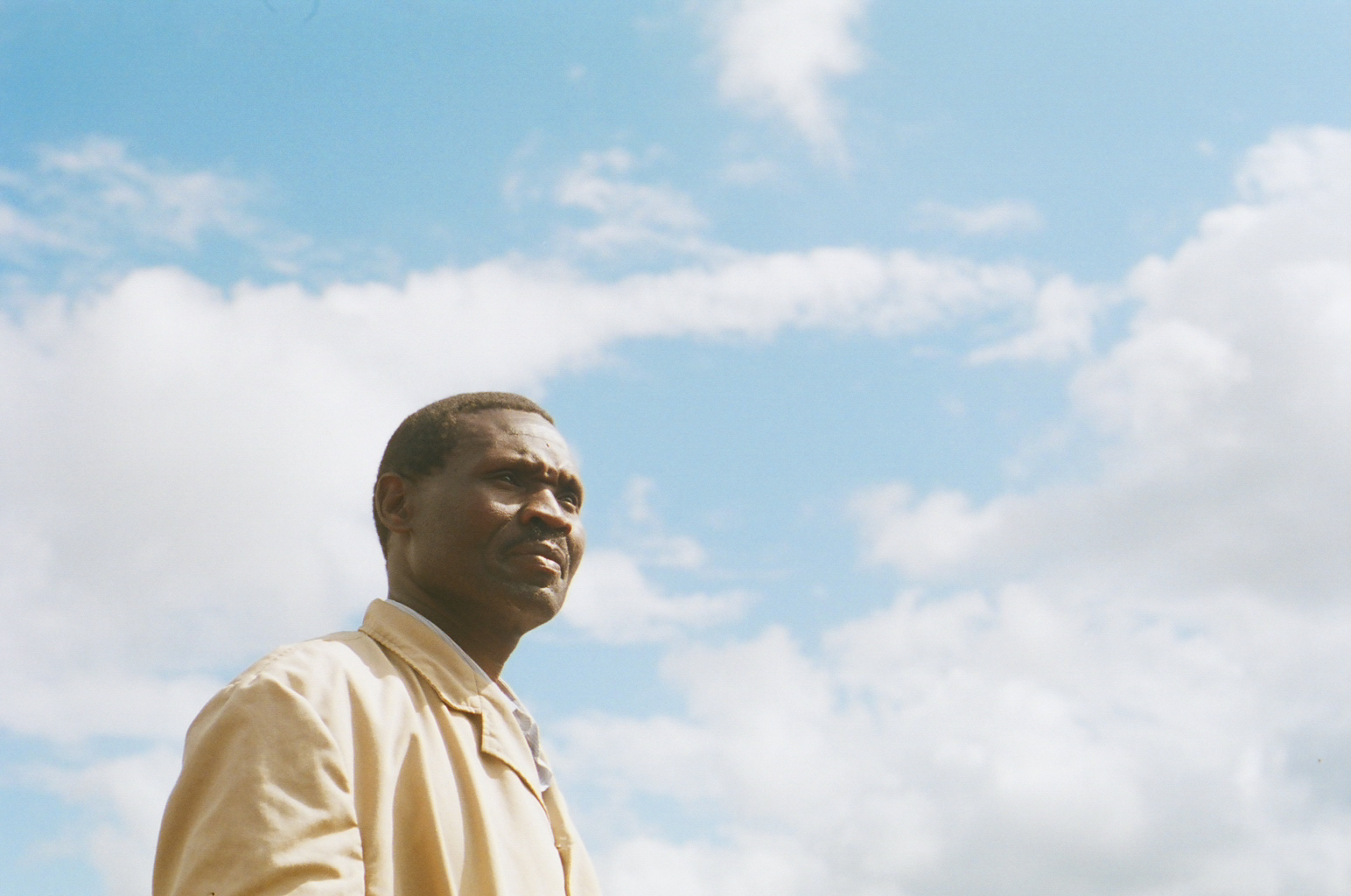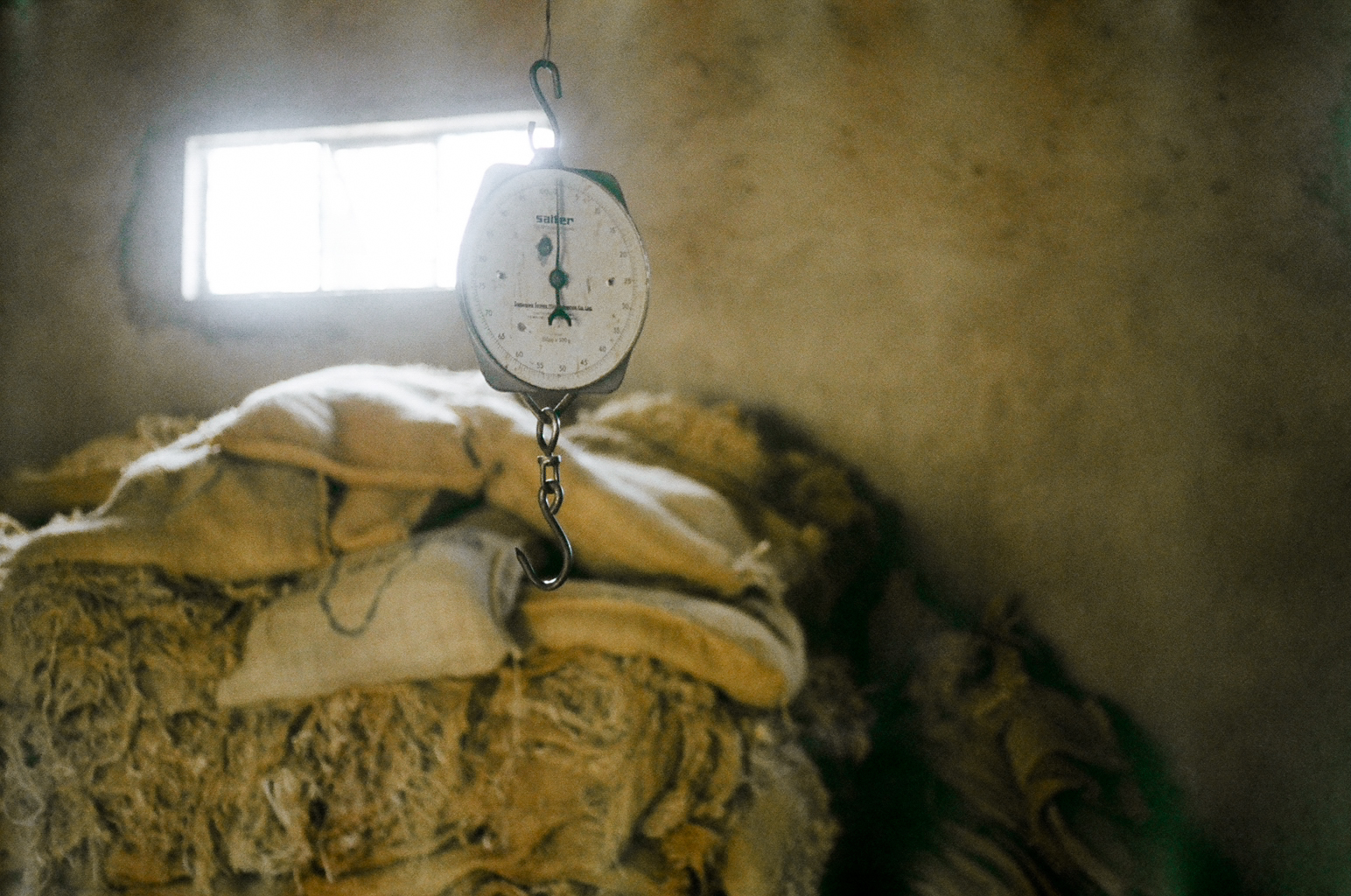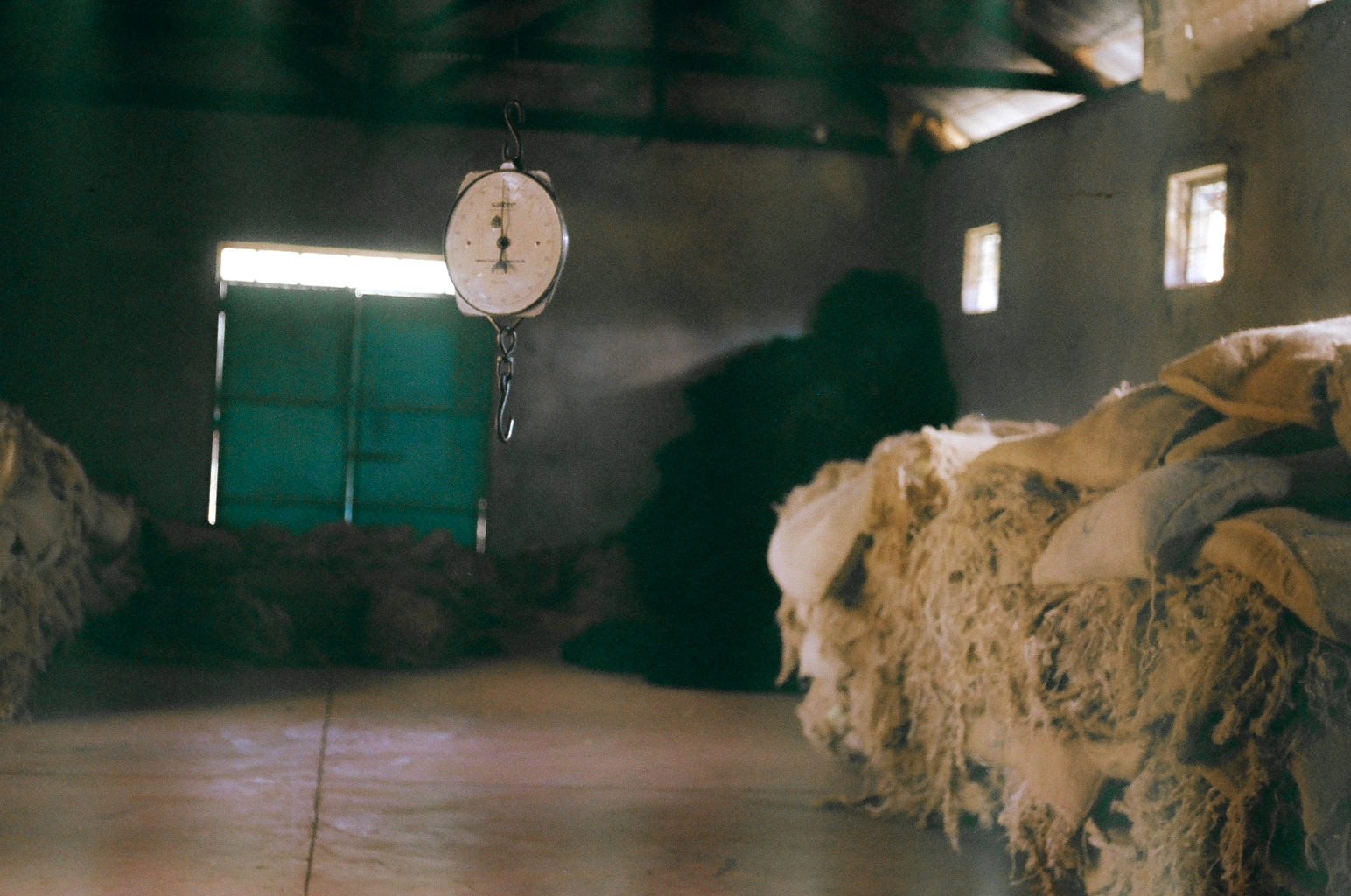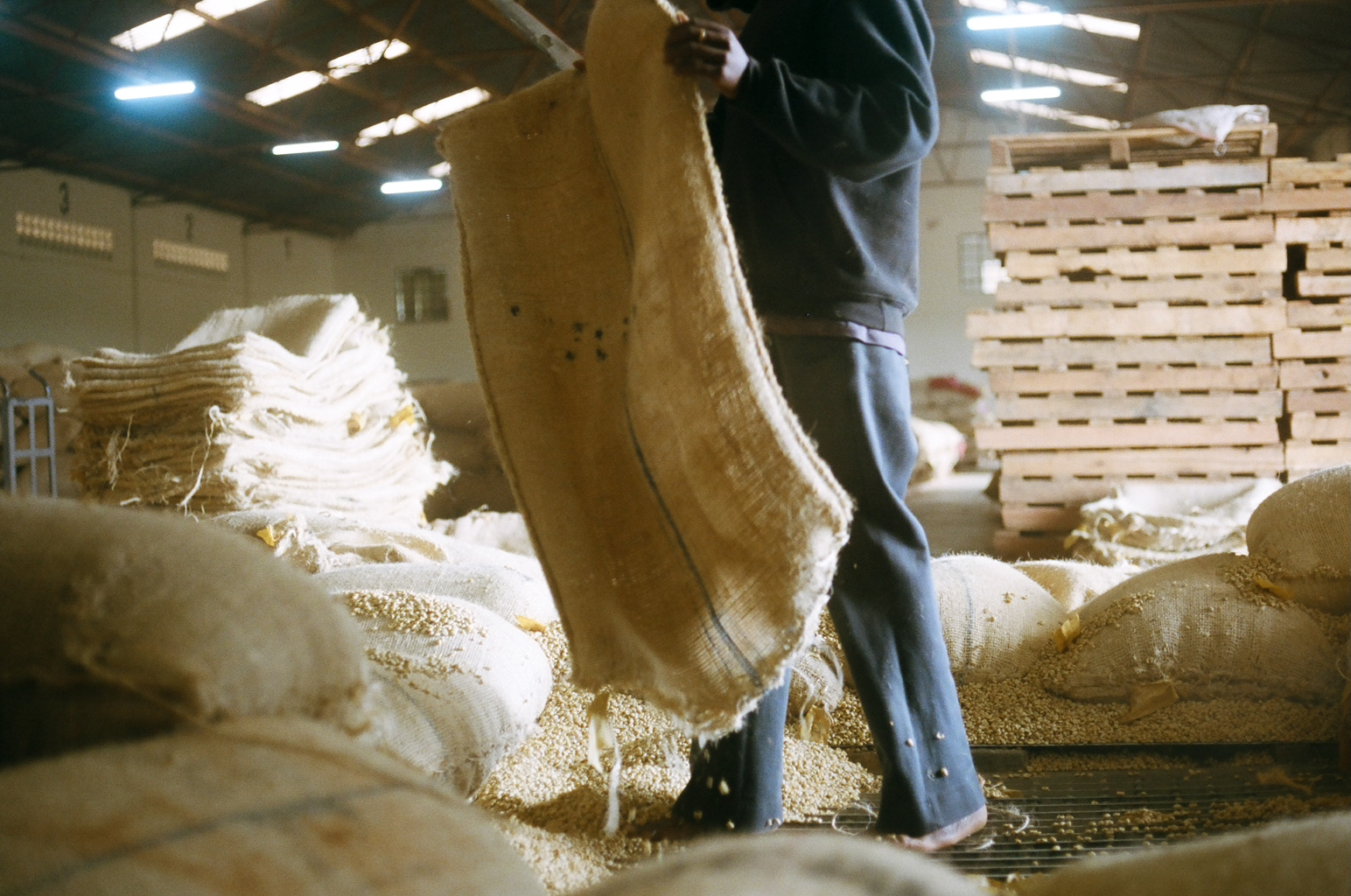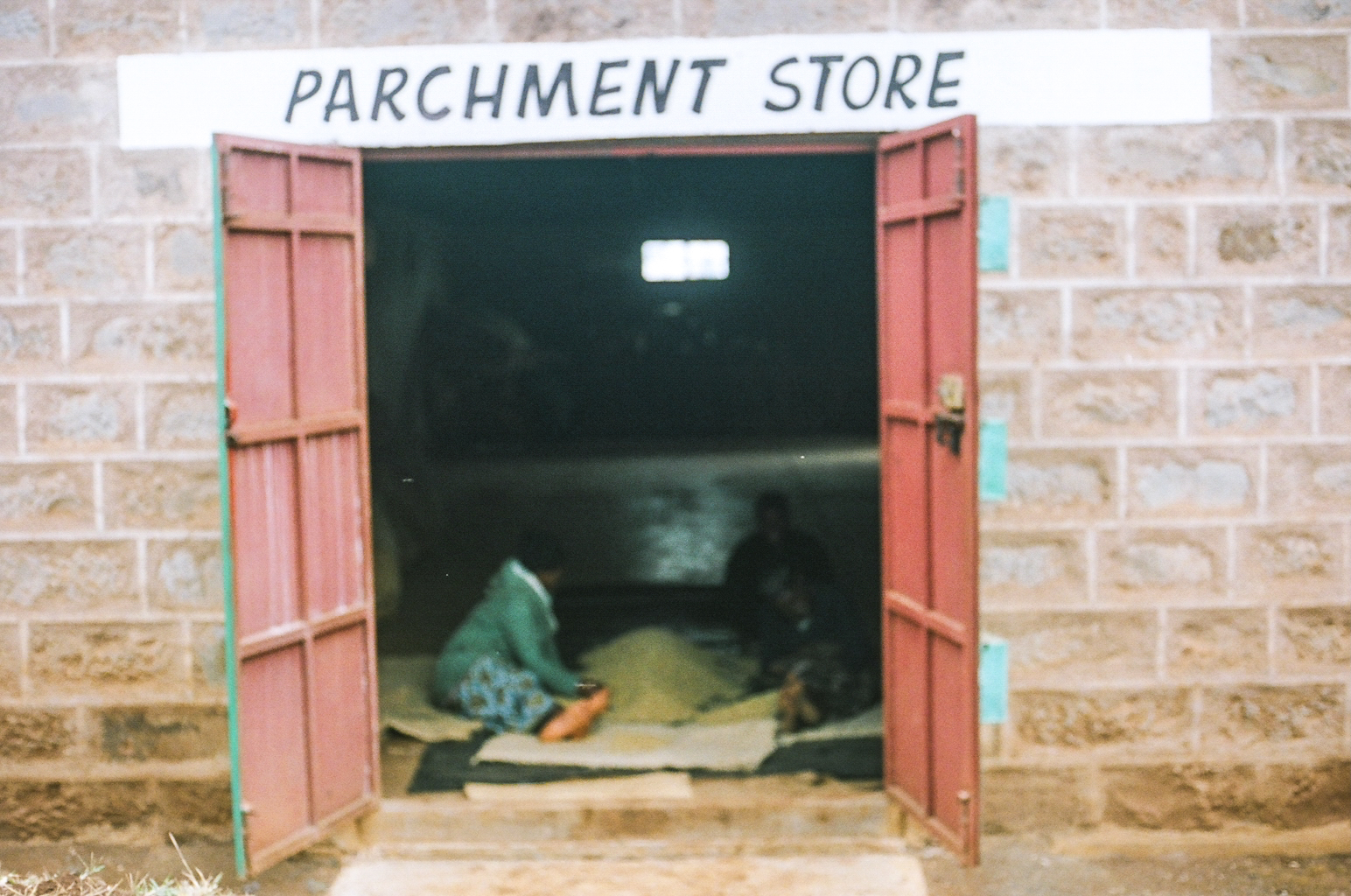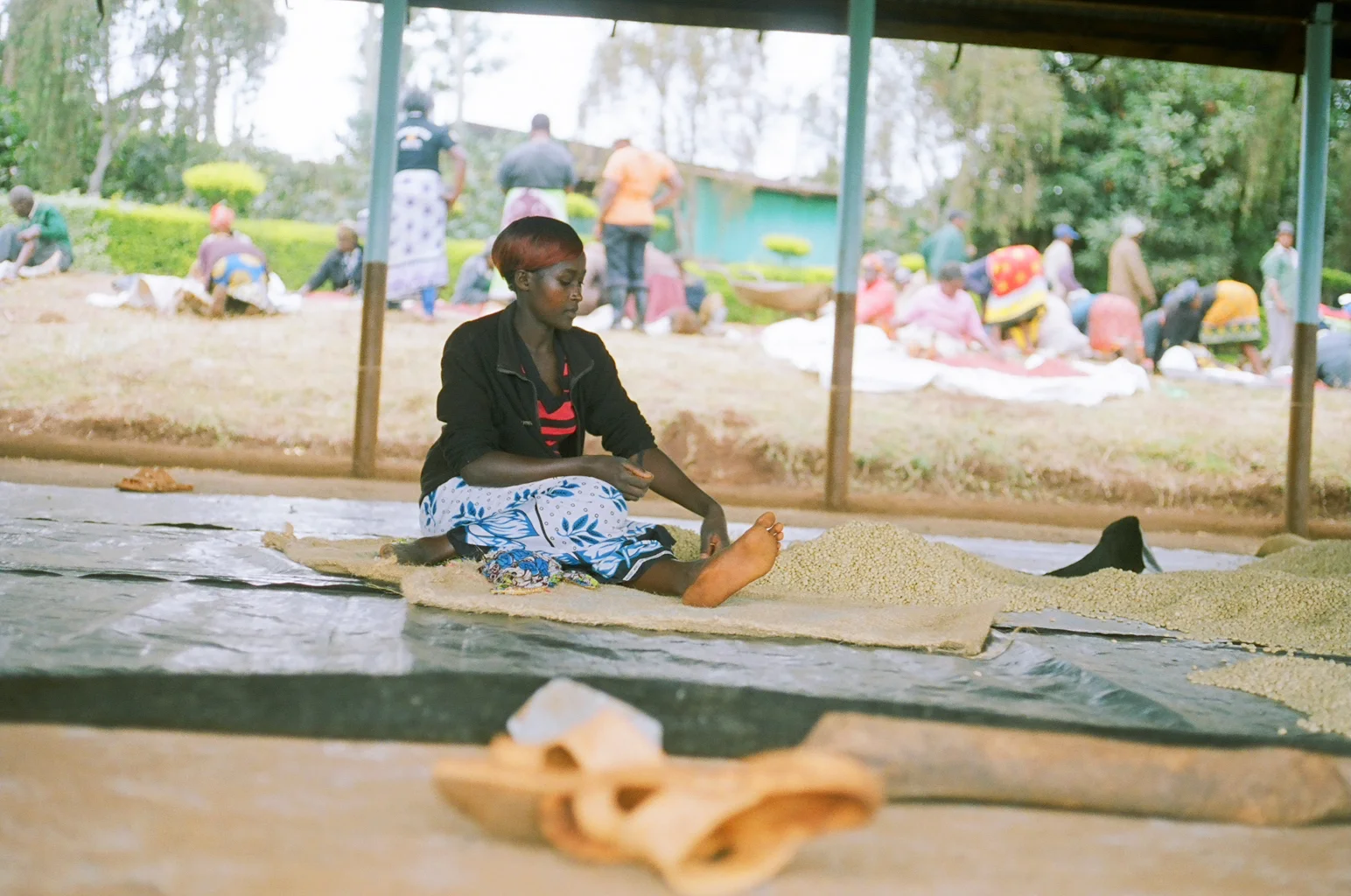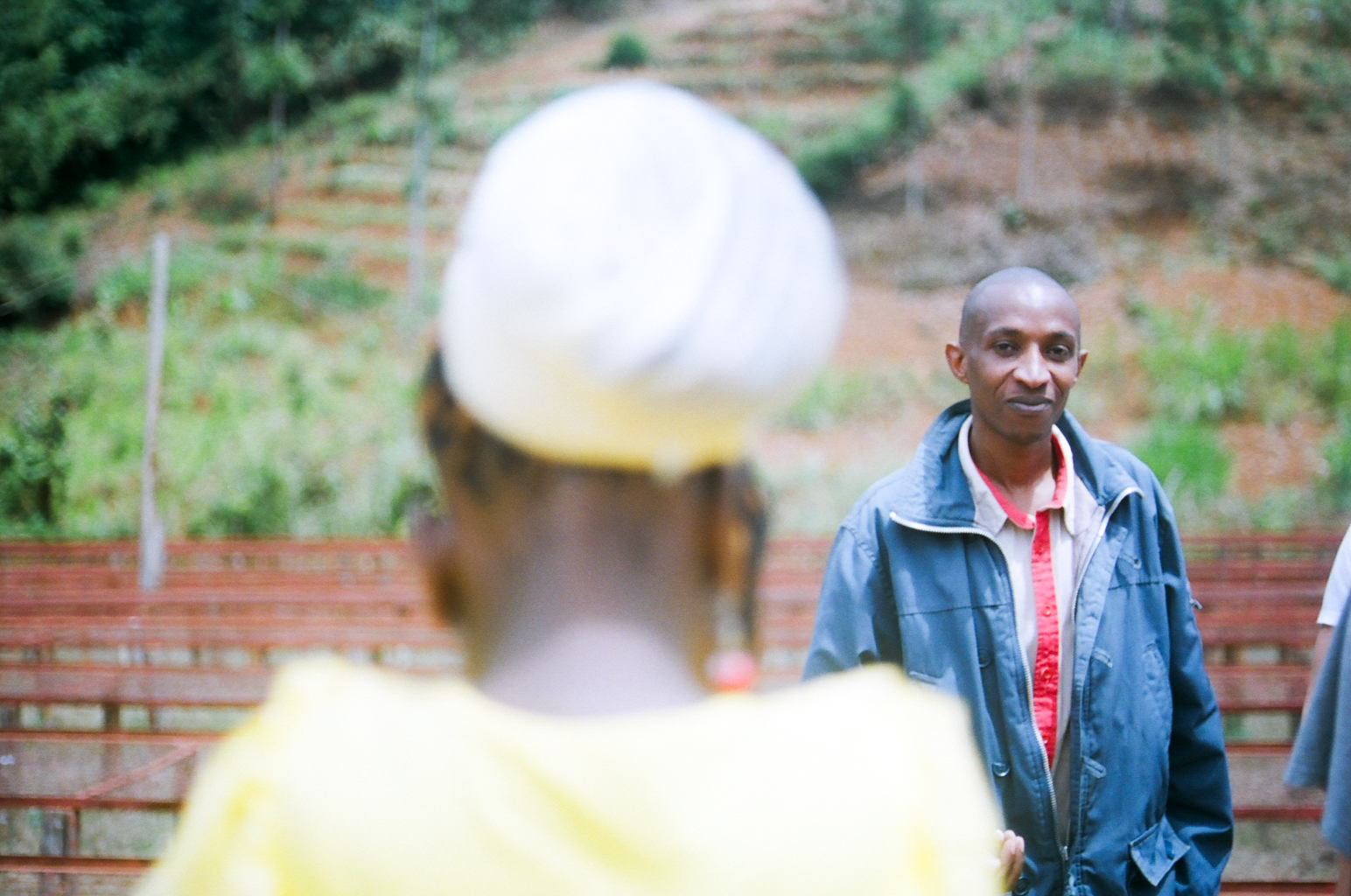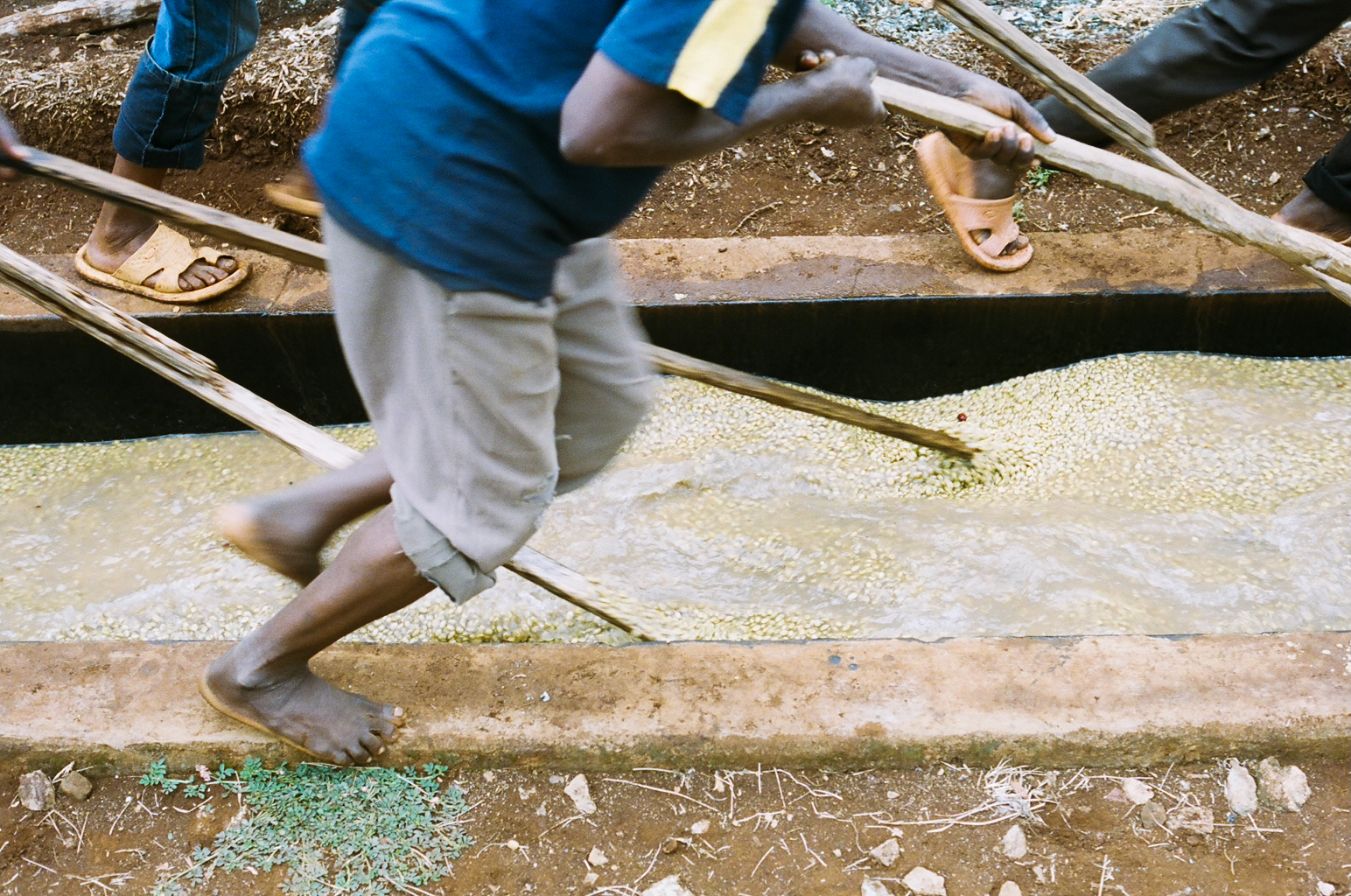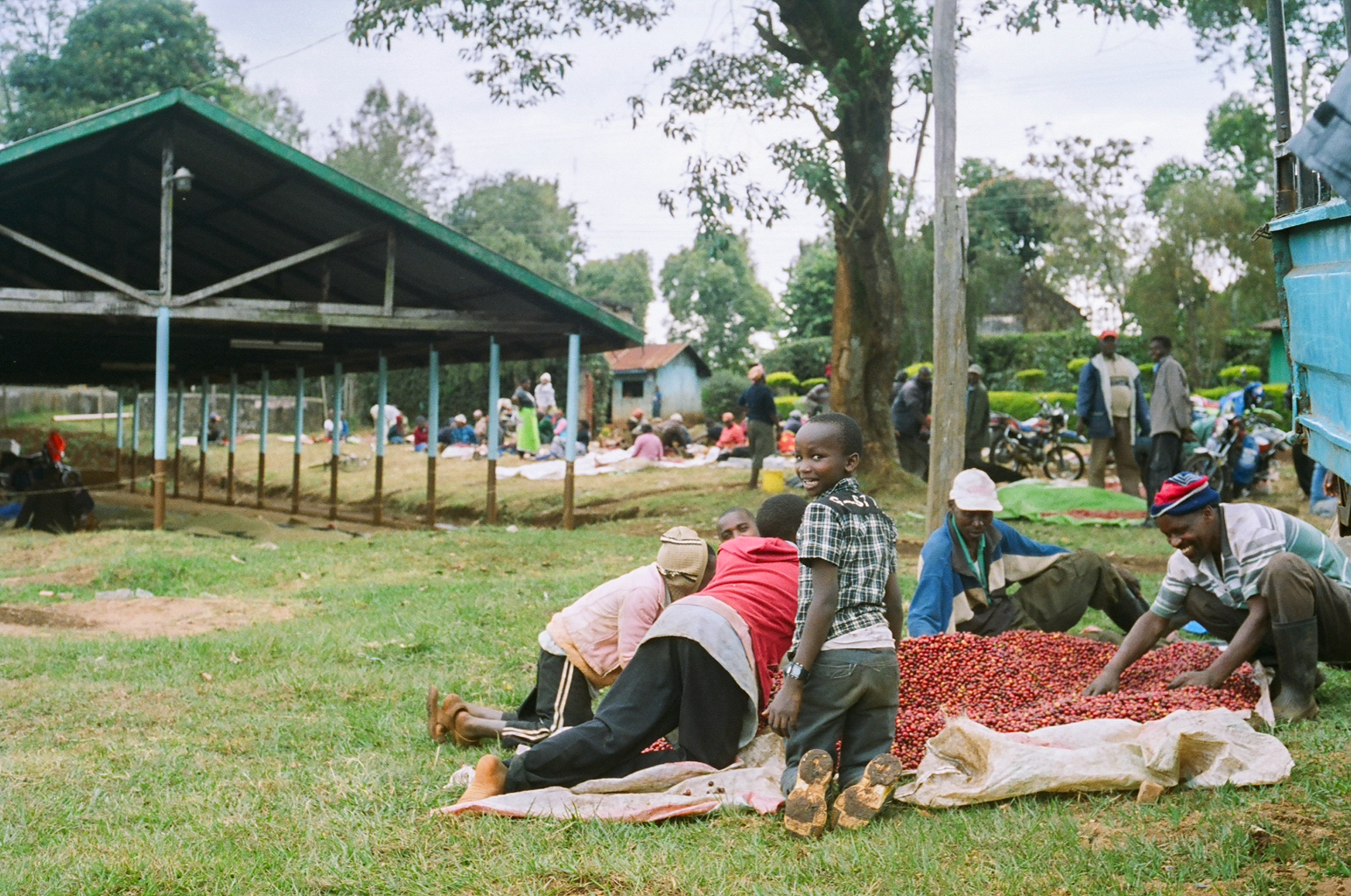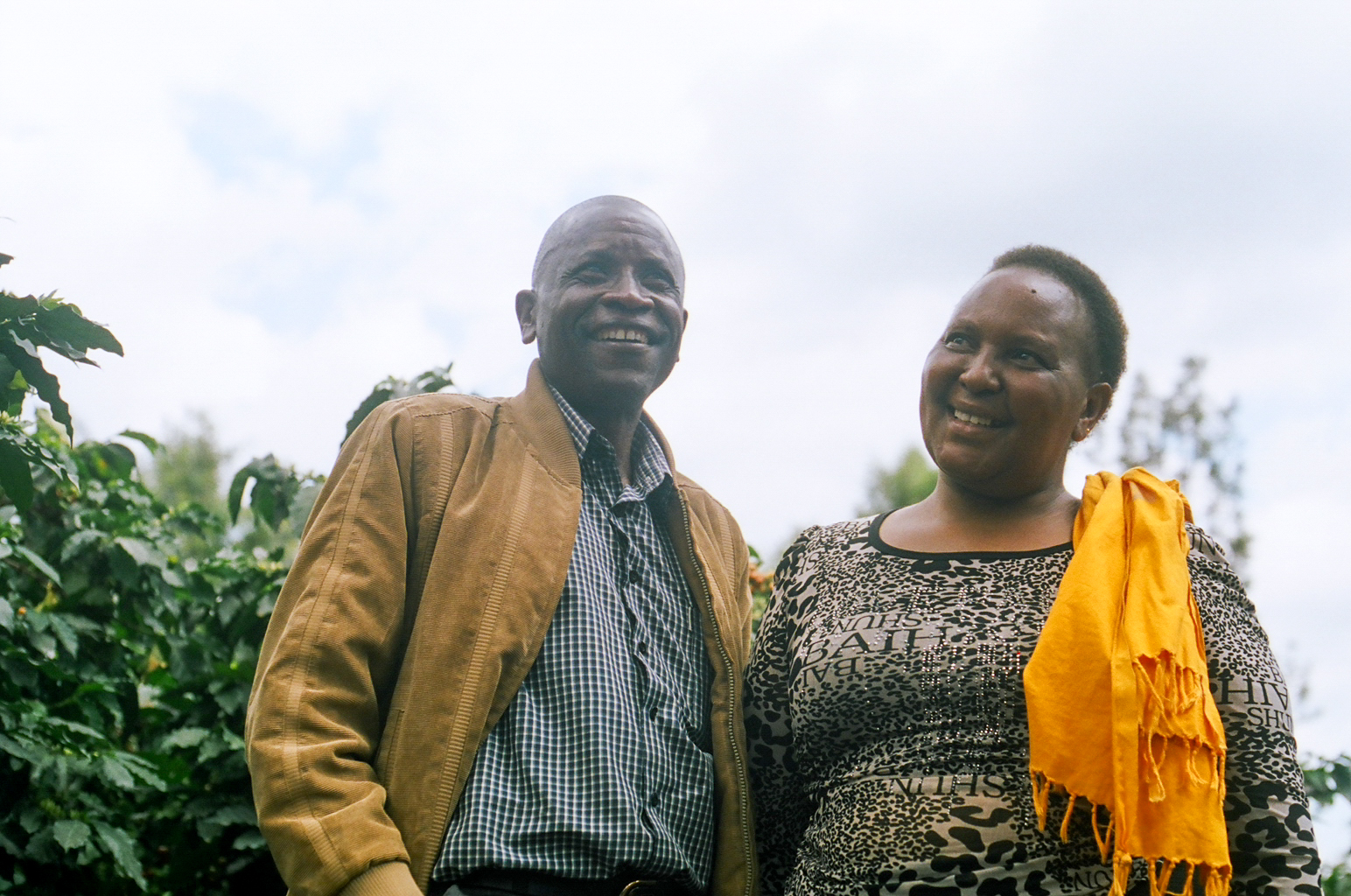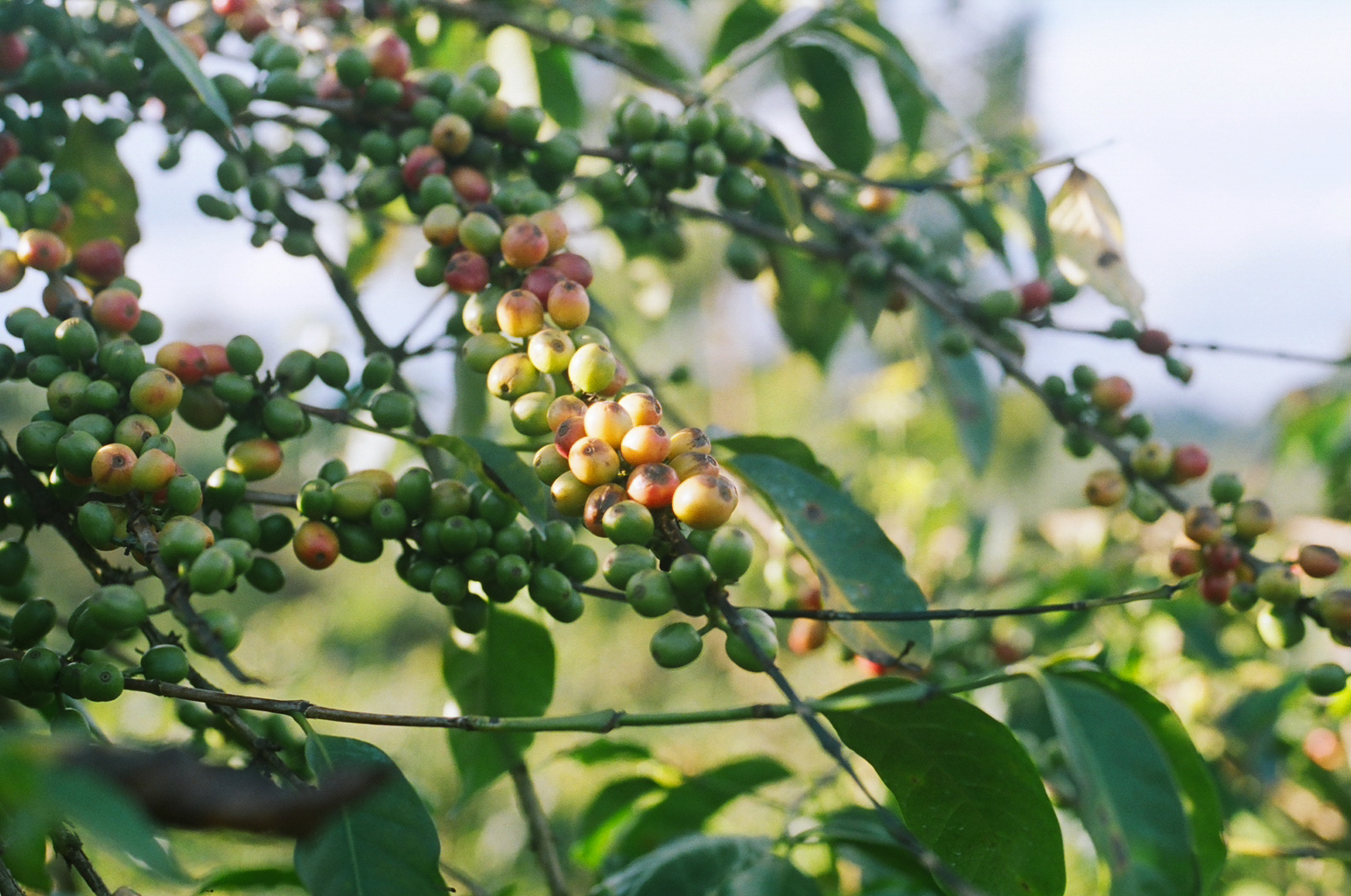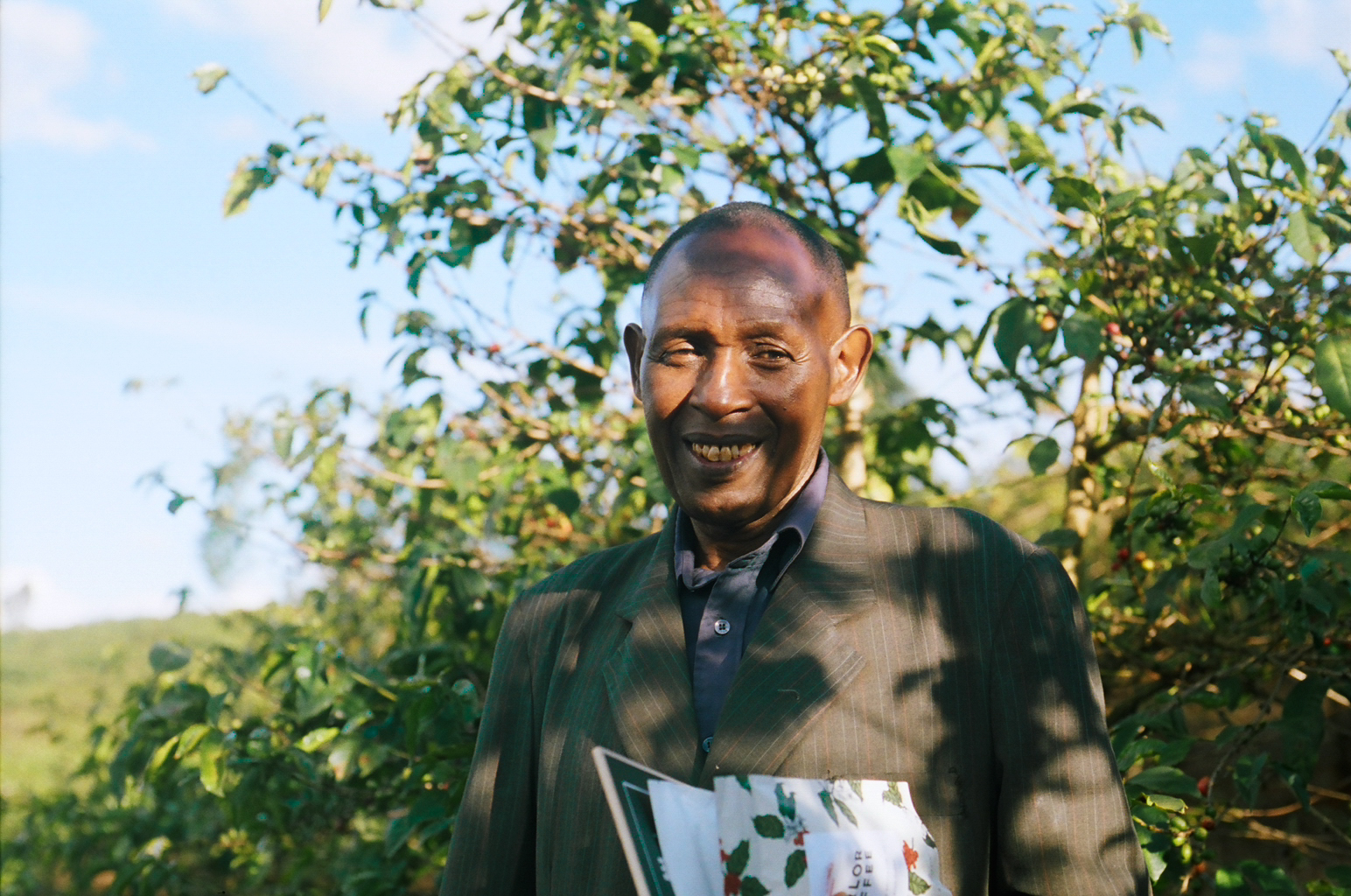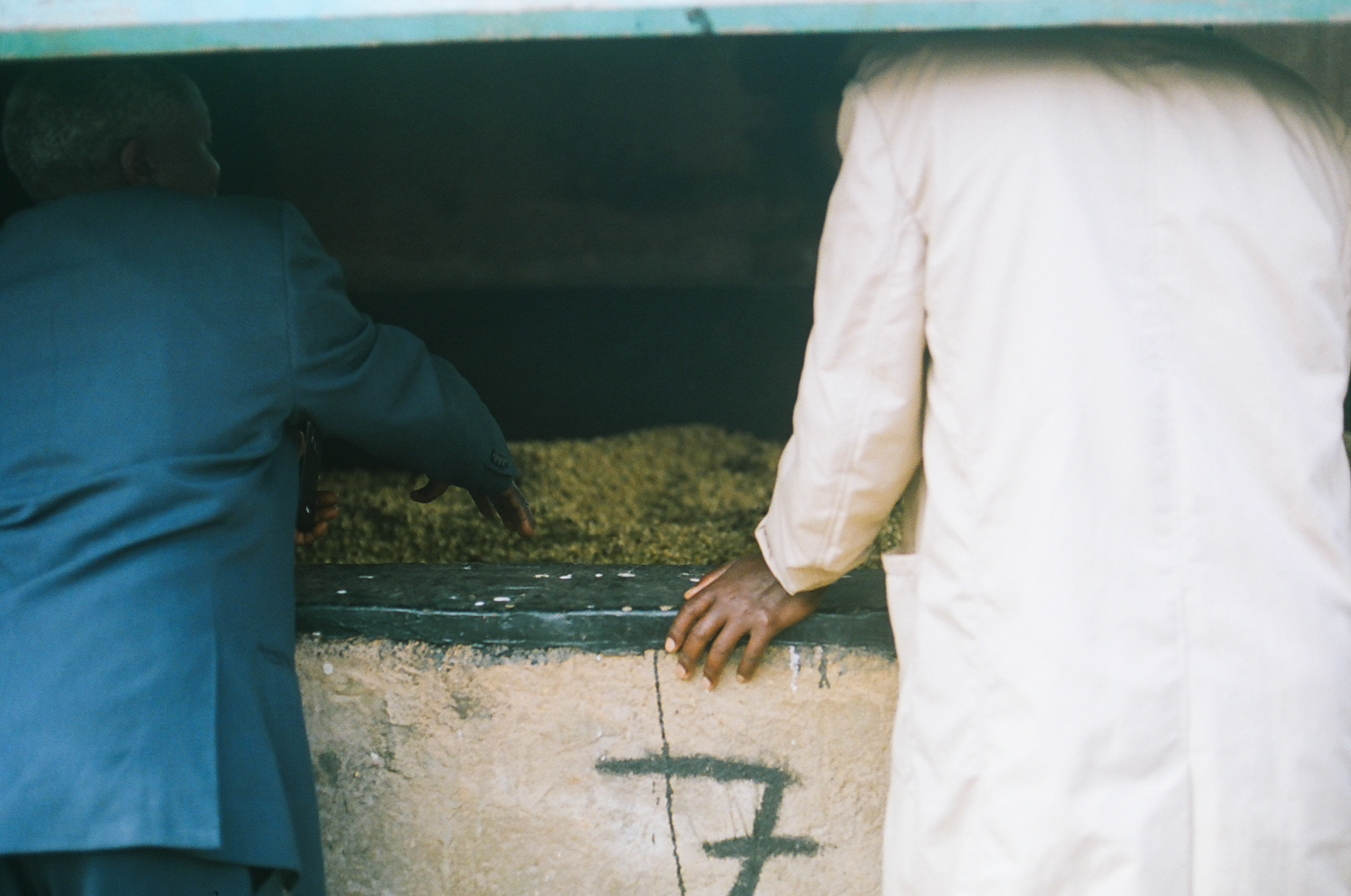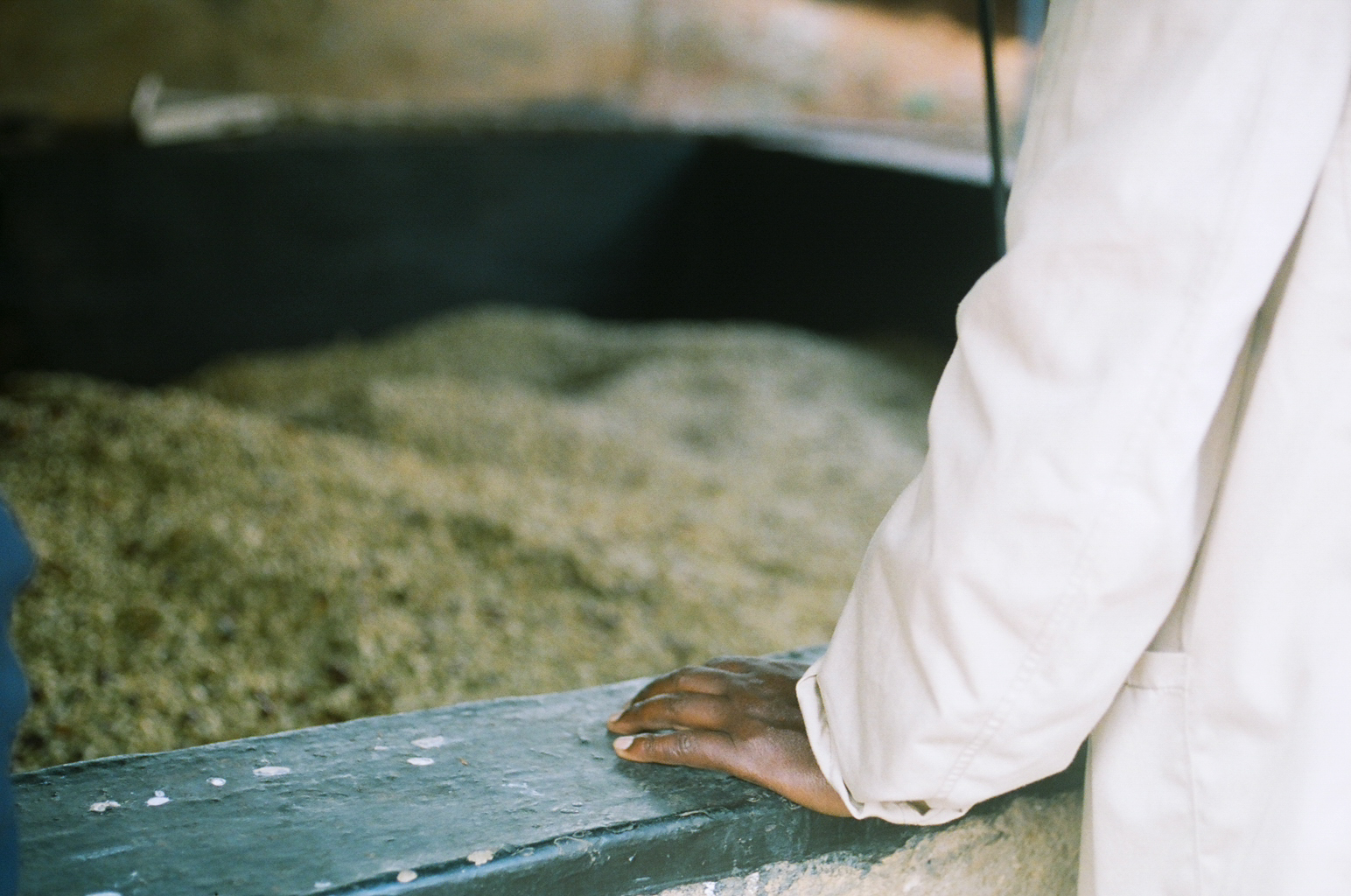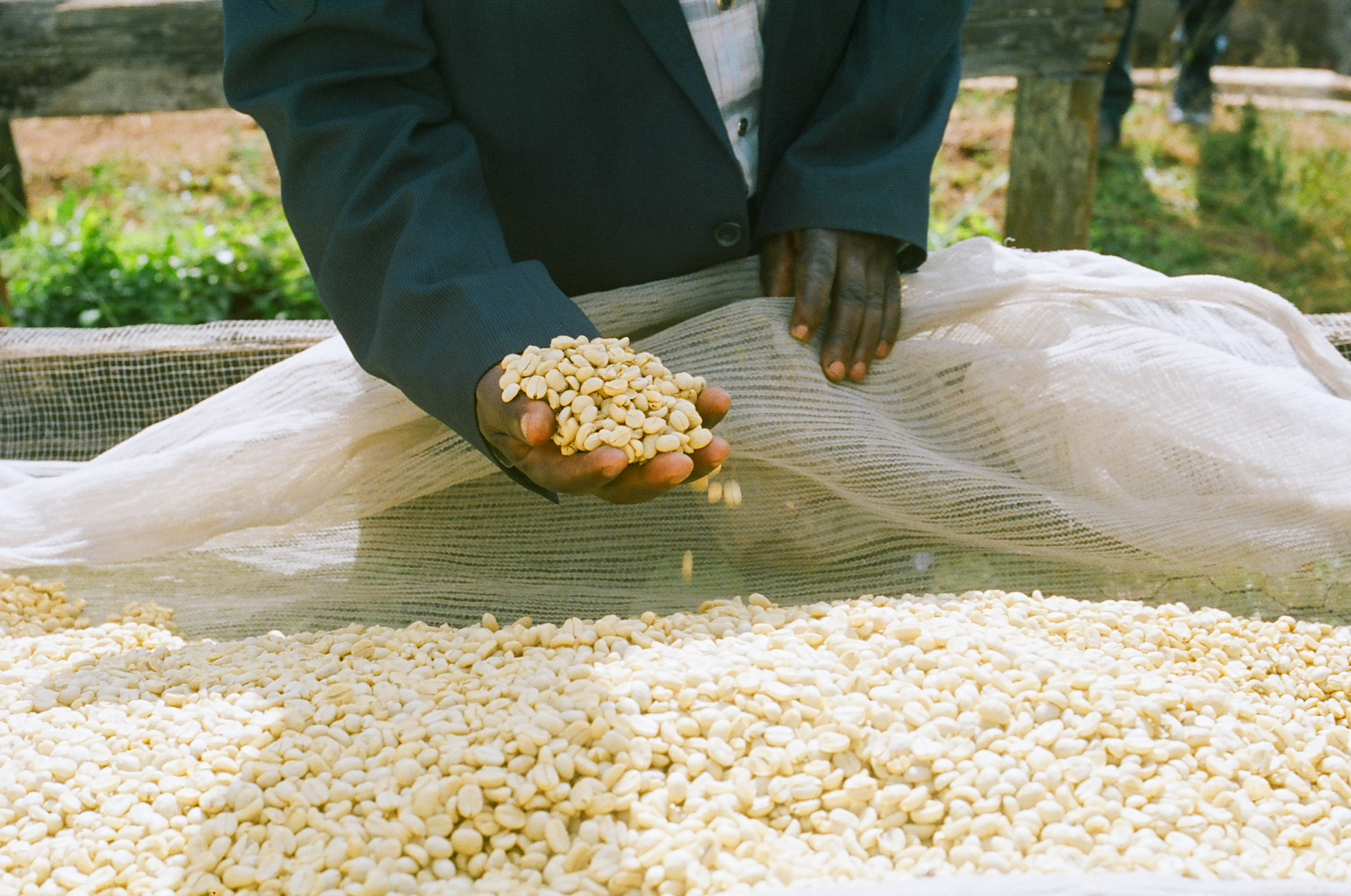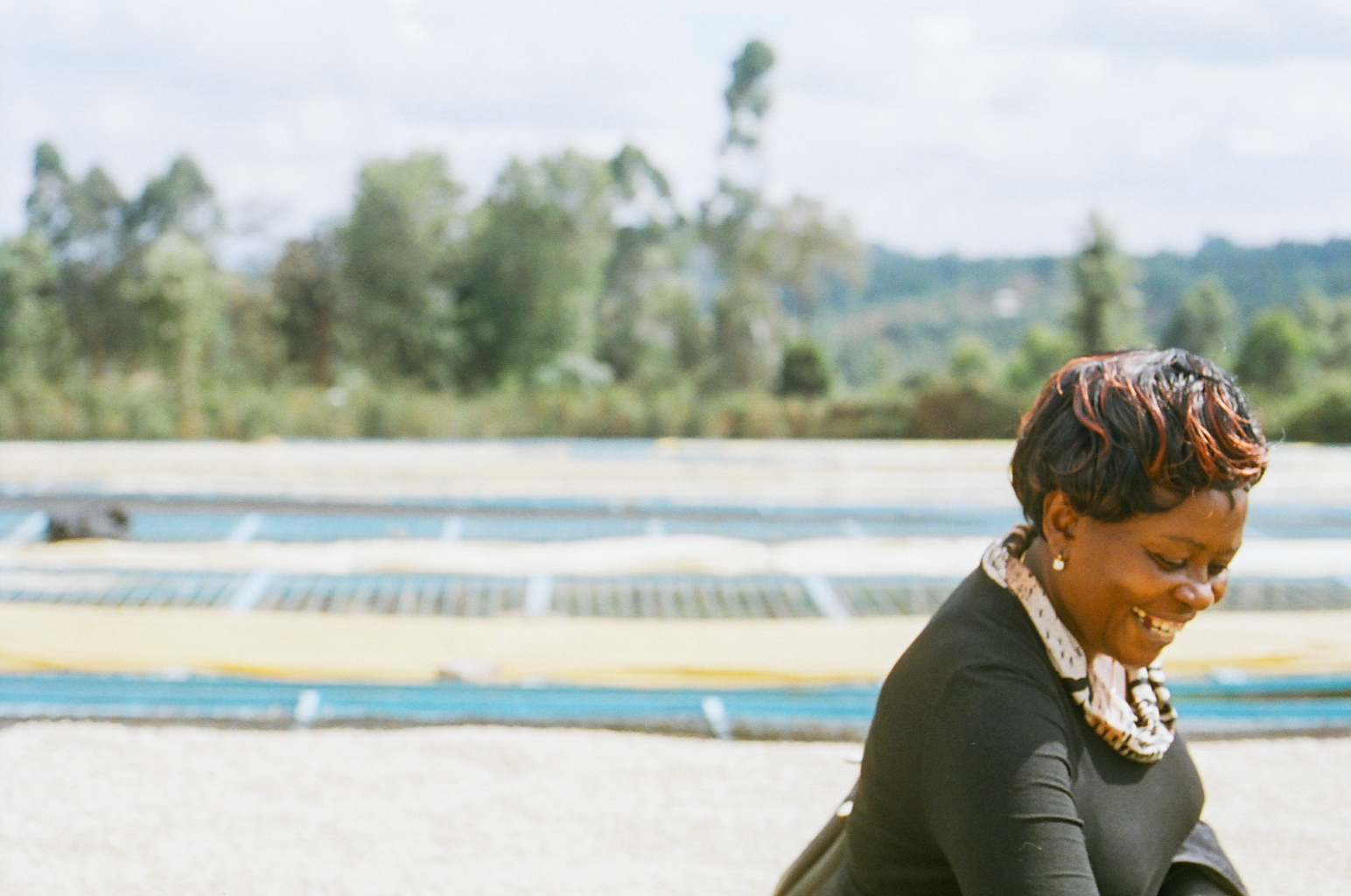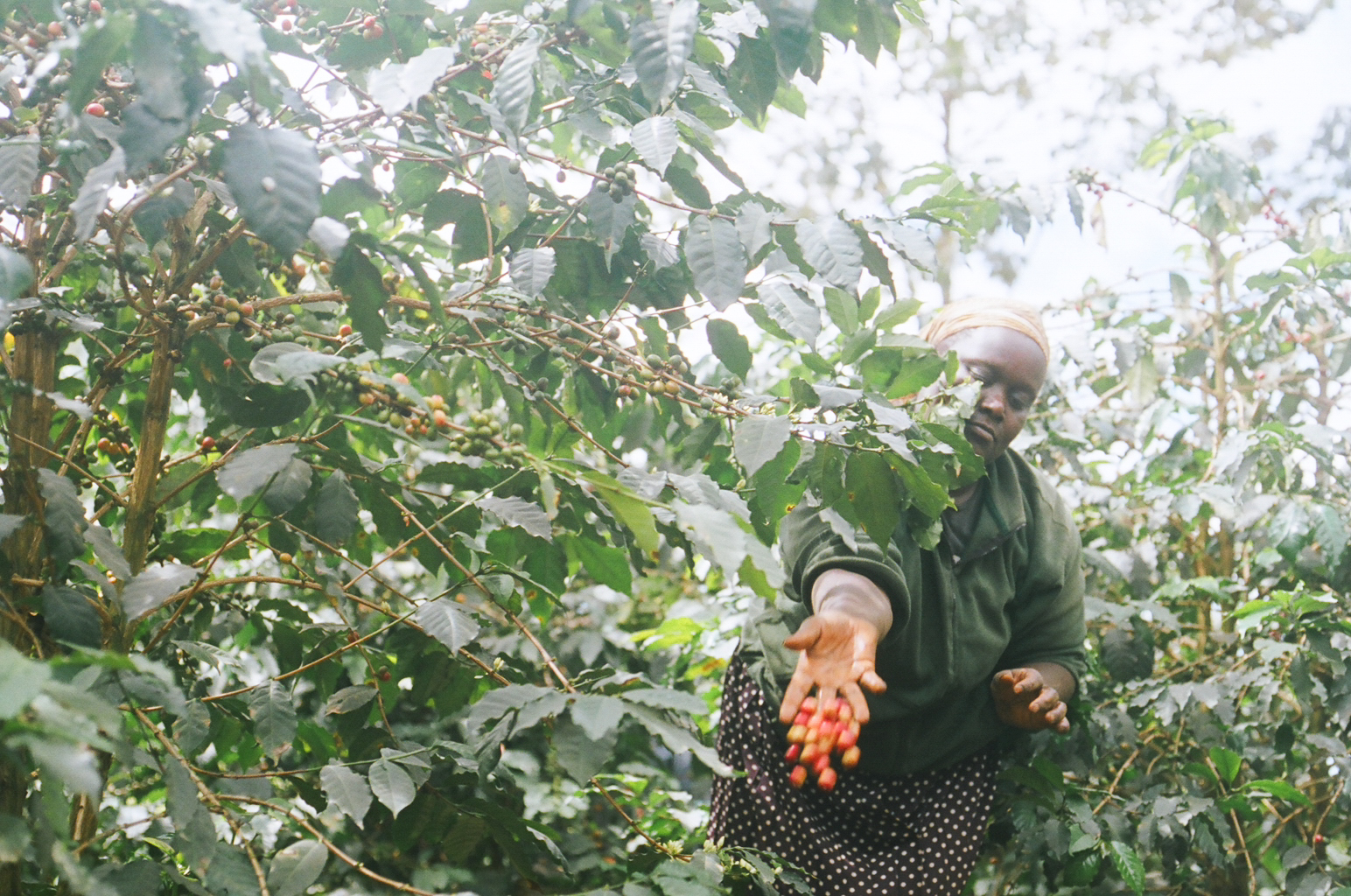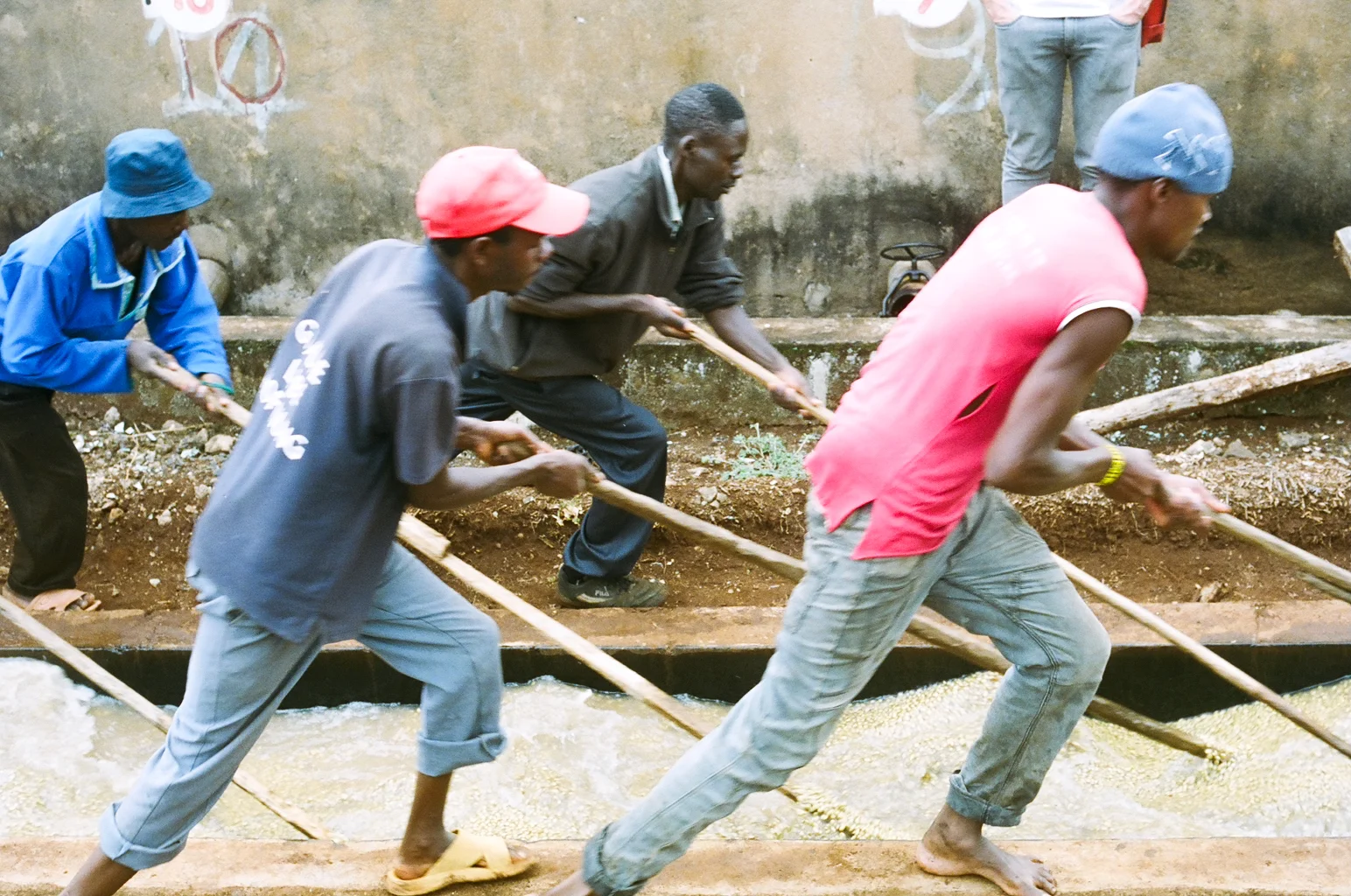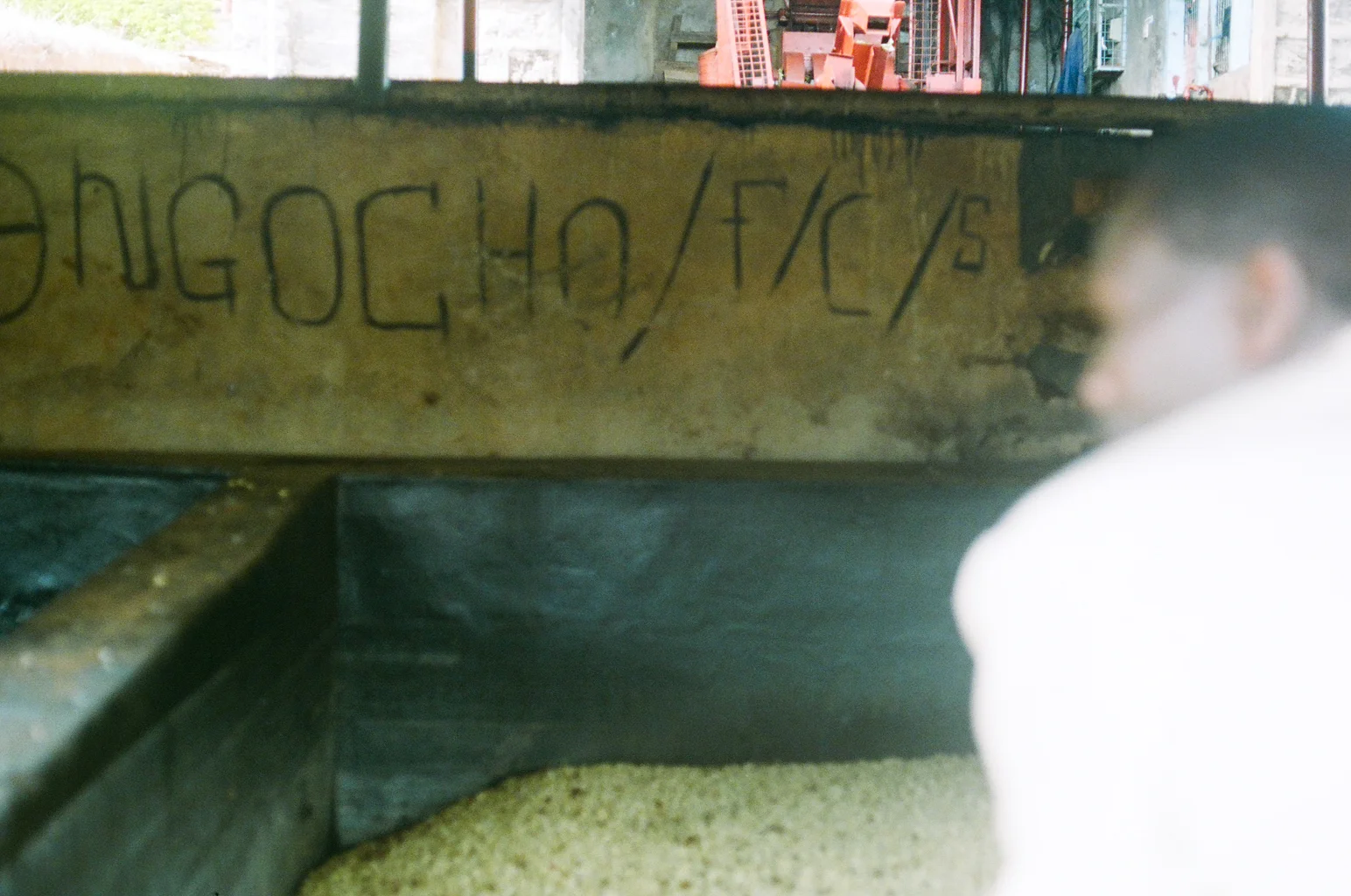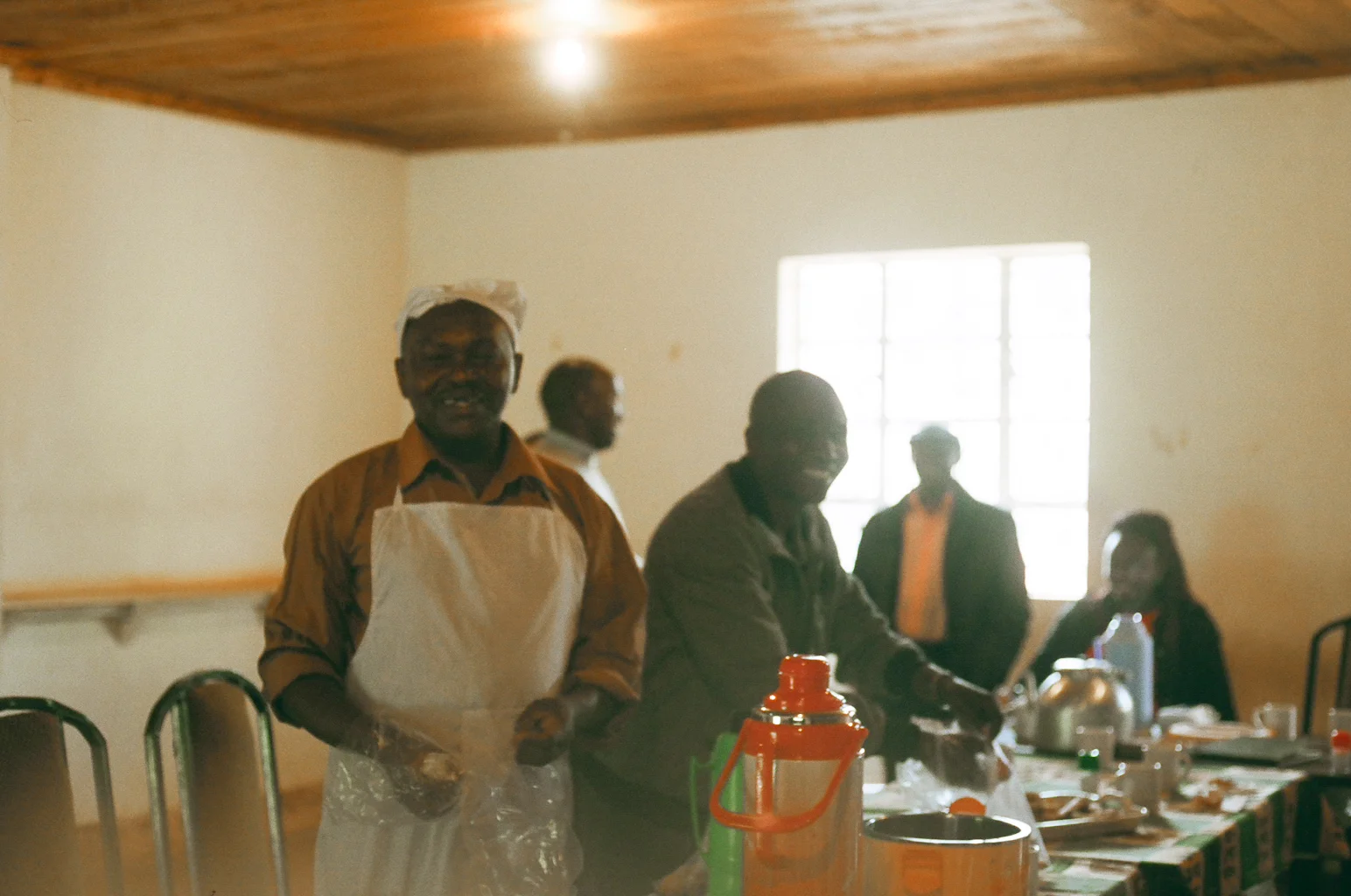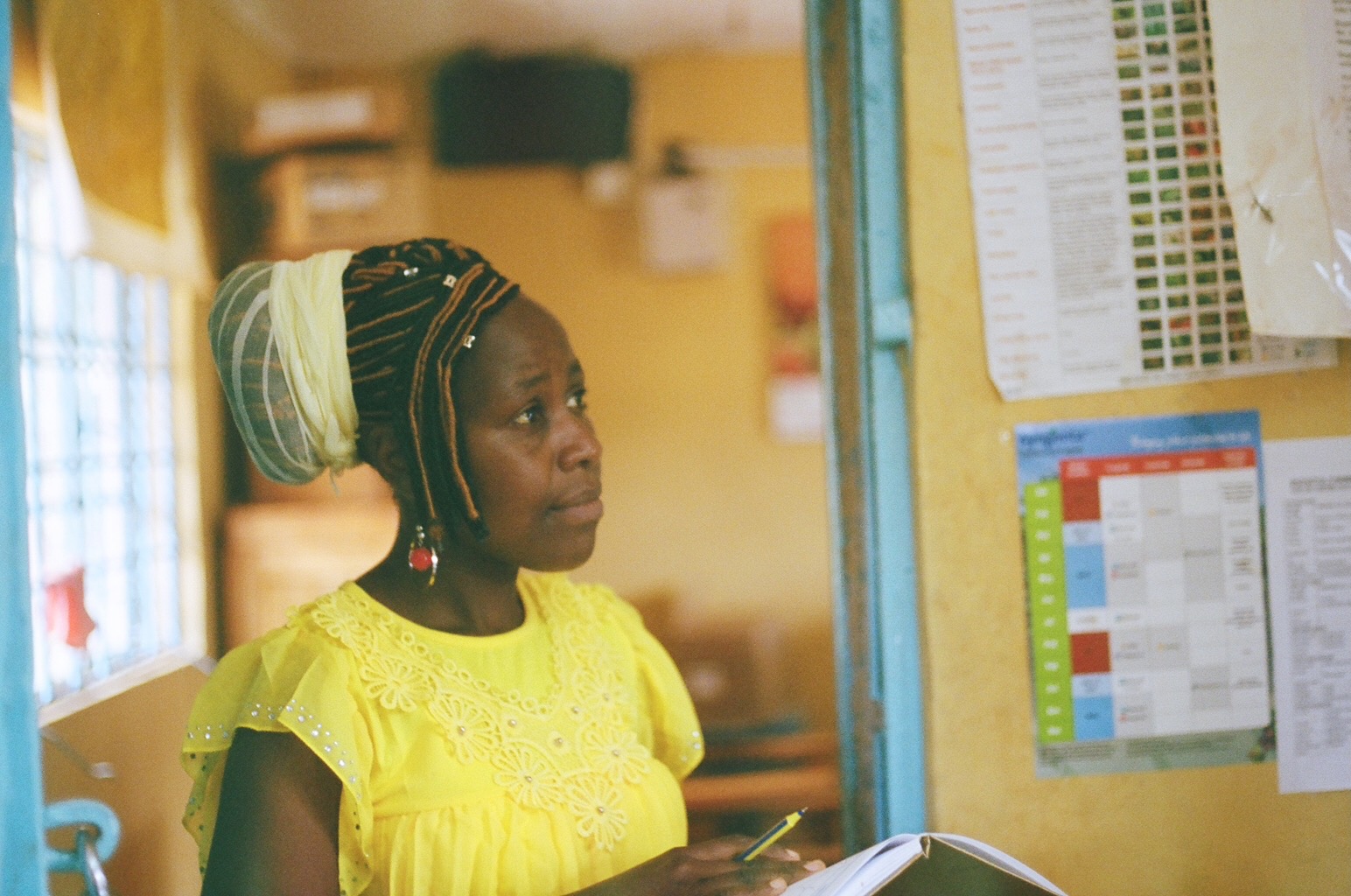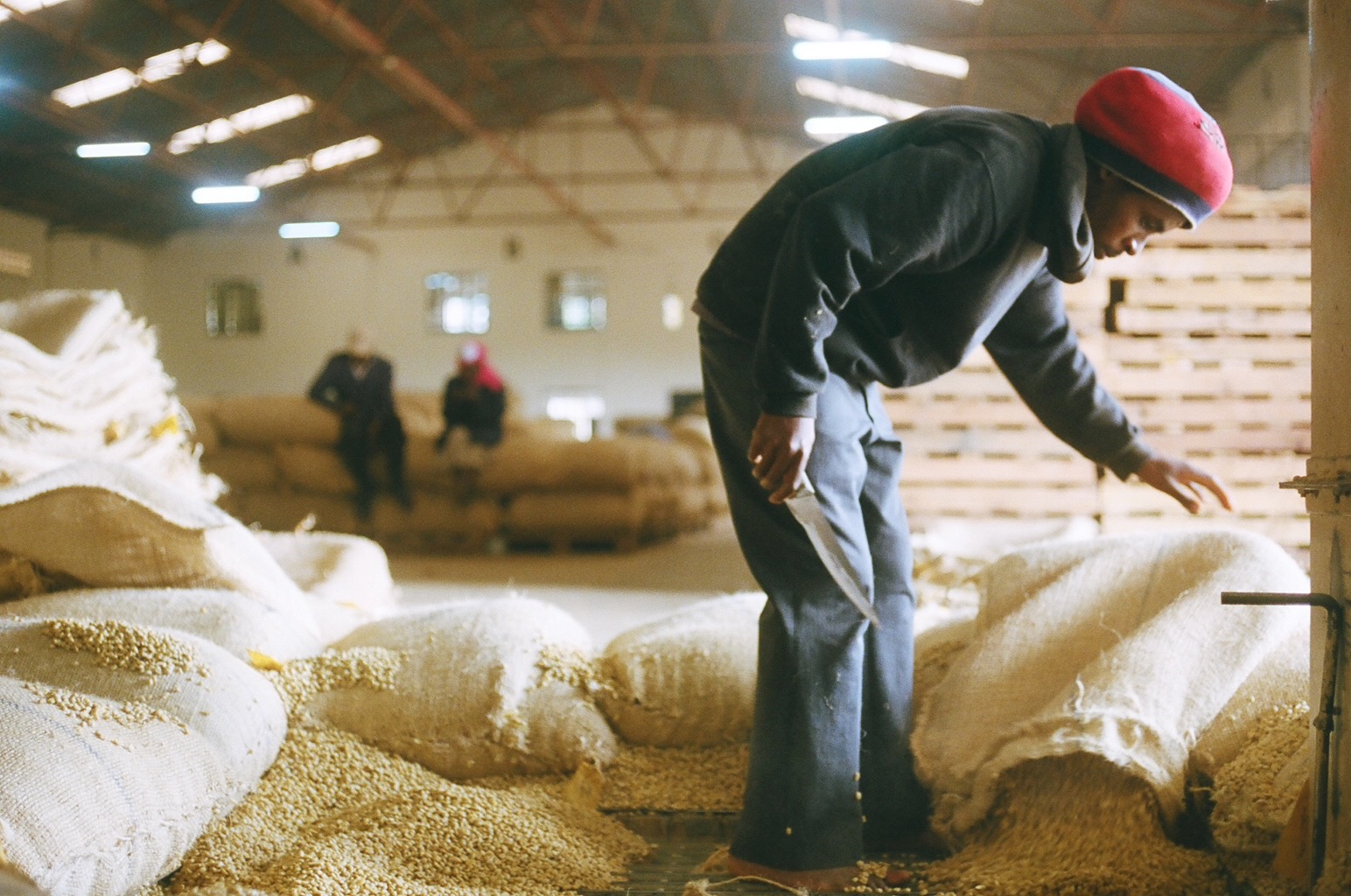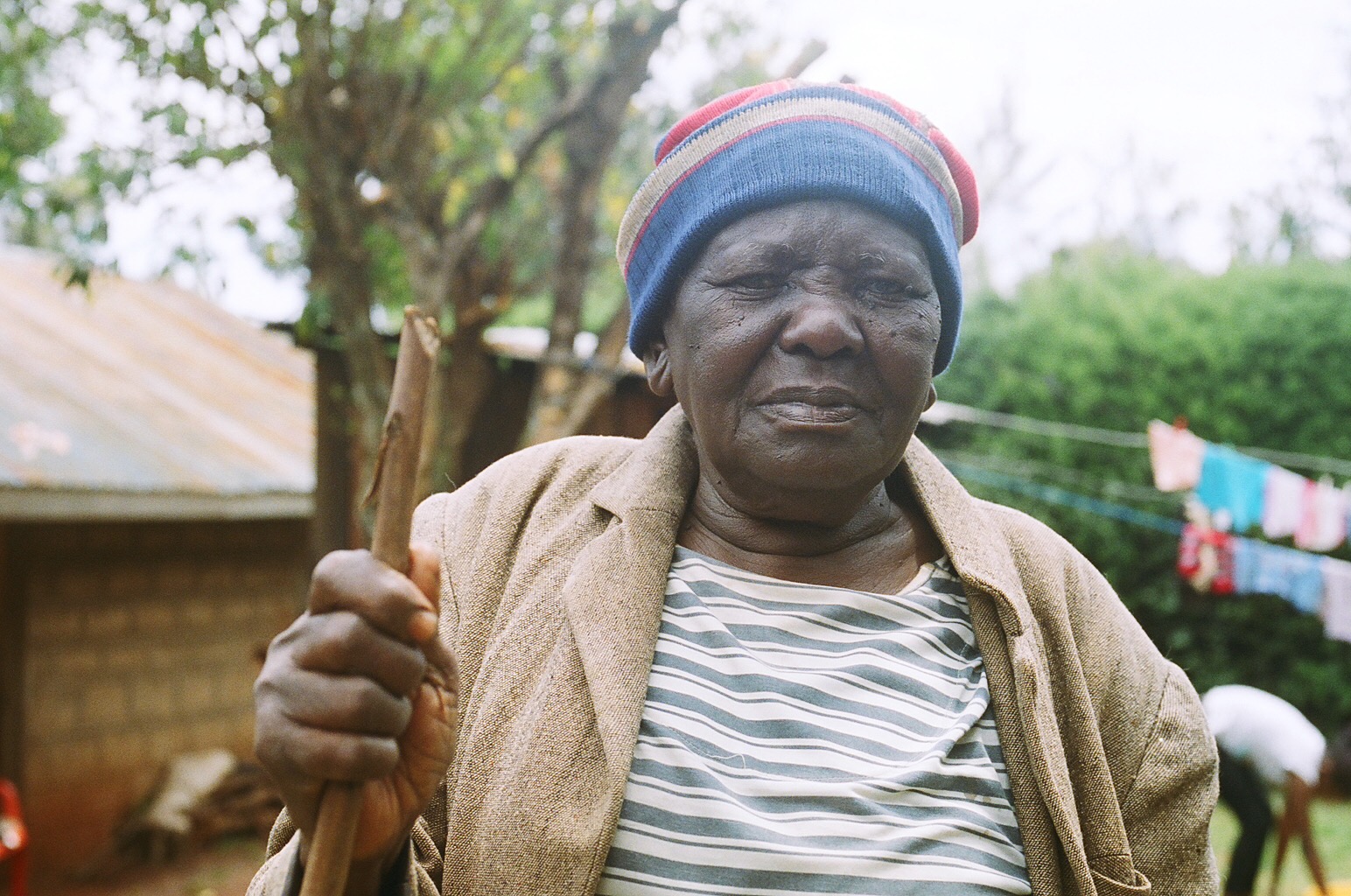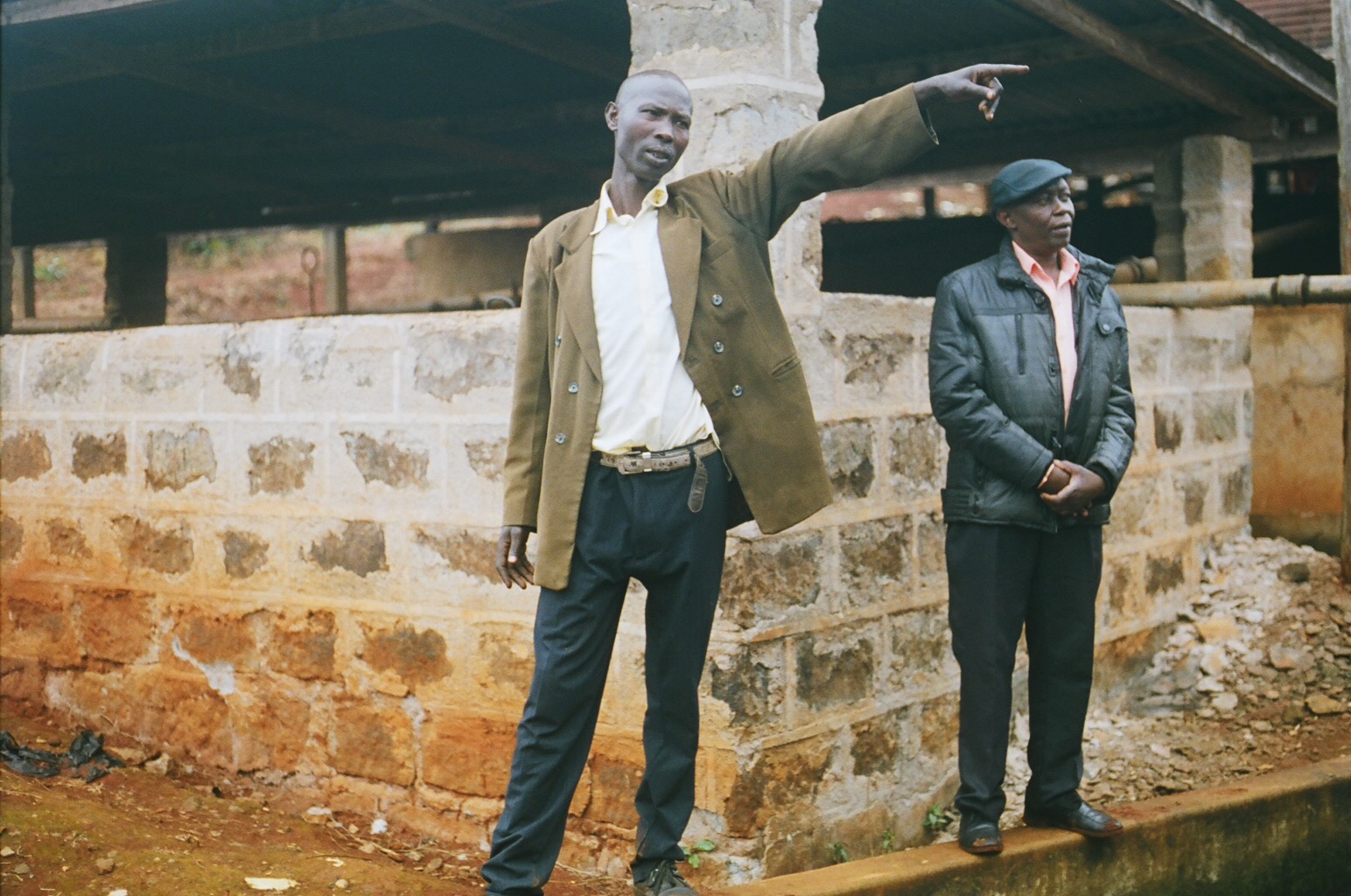THE RICH, HEAVY BODIED, INTENSELY AROMATIC, COLORFUL & JUICY KING OF COFFEE ORIGINS
Timing is everything in the selecting of Kenyan coffees. These are some of the most sought after coffees amongst coffee buyers and if you're not there at just the right moment, you're liable to miss out on the cream of the crop. While Kenya sourcing used to primarily be about getting there at the right time, its coffee sector's consistent success in achieving relatively high prices has provided its producers with the resources to move away from the auction system and work more directly with buyers like us. Our aim these days is to work with the right partners from microregions that have delivered the delicious lots we've been sourcing from the King of Coffee Origins since 2012.
Scroll down to
Learn more about the coffee market in Kenya;
Meet our partners at origin;
Read our blog posts on Kenya;
Download hi-res photos;
See our Kenya offers list;
Download coffee information sheets;
See the FOB we paid for all coffees from Kenya in 2018.
Samuel, C. Dormans Coffee Exports' sample roaster. Samuel has been in the Dormans lab for 27 years!
history and market
Despite its close proximity to Ethiopia, coffee cultivation did not begin until the end of the 19th century, with some sources crediting Roman Catholic Priests (Holy Ghost Fathers), while others attribute coffee’s introduction to Kenya through British colonizers
The Kenya coffee auction was initially managed by traders based in London, which meant that farmers were forced to wait six months after the coffee was shipped before they were paid. Further depleting their returns was the fact that coffee was dry milled in London
In 1926, the Coffee Planters’ Union was established to represent coffee farmers’ interests, which practically led to the establishment of cooperative and marketing systems that producers had a say in for the first time. The first Kenyan-based auction system was established in 1931 but it wasn’t until 1937 that the prominence of London-based traders was diminished. This was the year the Nairobi Coffee Exchange was opened under the control of the Coffee Board of Kenya (KPCU).
Since KPCU opened the Nairobi Coffee Exchange, the auction system has been the dominant window for selling Kenyan coffees. This is a system that has garnered relatively high prices in comparison to other coffee origins. Given the dominance of this system, specialty buyers have become used to buying from Kenya’s coffee auction and in turn marketing their Kenyan offerings by co-operative/washing station. This has meant that coffee purchasing in Kenya has been less about relationships than it has been about first “spot purchasing” by an exporter from the auction and then by an importer.
It has proven challenging and frustrating for buyers to align themselves to specific co-ops due to corruption, mismanagement issues and fluctuating quality. Over the past few years, CCS has been exploring purchasing at the estate level with some farmers even organizing themselves into “micro-cooperatives” (±10 farmers) as a means to more firmly establish real partnerships with buyers.
We want to be able to provide our roasters with more consistent quality from the same partners year-to-year in Kenya, as we do at other origins, and have already seen some success with one small estate farmer: John Njoroge, owner of Kiambu and Kiriani estates, who has produced great coffees for us since 2014.
OUR PARTNERS AT ORIGIN
Dormans
Founded in 1950, C. Dorman Ltd. is one of East Africa’s most established coffee trading houses and is well-known across the industry as being a supplier of some of the best coffee Kenya has to offer. One of the main reasons Dormans is so established in terms of quality is because of its cupping team. Dormans cuppers evaluate about 2000 different lots per week and are keenly aware of the types of attributes specialty buyers are looking for.
Further, the Dormans team knows each client’s specific preferences well, curating a special selection of coffees for their clients’ visits. This team takes into account both cup profiles and washing station preferences and makes sure to present as close to repeatable lots each year as in the previous ones, on top of presenting new taste profiles and names.
Quality control extends past the cupping room and into the dry milling and export facilities. Dormans has invested in state-of-the-art packaging equipment and materials and since the beginning, we have been able to offer our clients easy to manage and store vacuum-packed boxes. This is just one example of many as to why we return to Dormans each year.
Kenyacof
Though relatively “new” to the Kenyan specialty coffee scene, the Kenyacof team is made up of some of the most experienced and knowledgeable coffee professionals in East Africa. The evidence of this is in the quality of the lots we were able to source through this team during our first season working with them, in 2015.
There are many good reasons to work with Kenyacof: they offer professional milling, packaging and export services, and they have knowledgeable agronomists on staff who provide great extension services to producers they work with, amongst other things. One of the biggest draws for us, however, is that they are at the leading edge in terms of seeing the potential for direct relationships. It is through them we have met people like John Njoroge, owner of Kiambu and Kiriani Estates. John has been supplying us with great coffee since 2015 and we are looking forward to a long relationship ahead.
Kenyacof is also amongst the first to support a small but growing movement of micro-cooperative formation – this model finds the organizing of about 8-10 farming families who combine resources to find unique markets for their distinct and traceable coffees.
kenya BLOG POSTS
Photographs for Download
Right click on a photo below and select “Save Image As” to download. Please credit Ria Neri, Four Letter Word Coffee.
Kenya Offers
COFFEE INFORMATION SHEETS
Information on the farms, co-ops and washing stations we source from in Kenya can be downloaded from this Dropbox folder.
FOB, CCS Kenya SELECTION, 2018
See the FOB we paid for all coffees purchased from Kenya in 2018.
The FOB represents the price we pay our export partners at origin. To calculate the cost we charge to roasters, we add the following:
Financing and logistics, on average USD $0.3/lb
(USD $0.4/lb for inland coffees such as Burundi).
We work with financing partners as we are an independent sourcing company without the capital to finance coffee. Logistics covers shipping, insurance and other costs to transport coffee from ports at origin to our warehouses located in Oslo, Hamburg, New Jersey and Oakland. This price is only for full containers. When we ship smaller quantities of coffee, like from Panama for example, financing and logistics costs are much higher.Our markup to cover our costs.
The markup varies, depending on the FOB, volumes purchased, and the need to remain competitive in the market. For example, we take a lower margin on our most expensive coffees. On average, in 2018, our markup is 20%.
So the equation for all origins, except Burundi, looks something like this:
Price to roasters per pound = (FOB + US$0.3) x 1.2
Price to roasters per kilo = (FOB + US$0.66) x 1.2
The equation for Burundi looks something like this:
Price to roasters per pound = (FOB + US$0.4) x 1.2
Price to roasters per kilo = (FOB + US$0.88) x 1.2
Please remember, these are averages.































